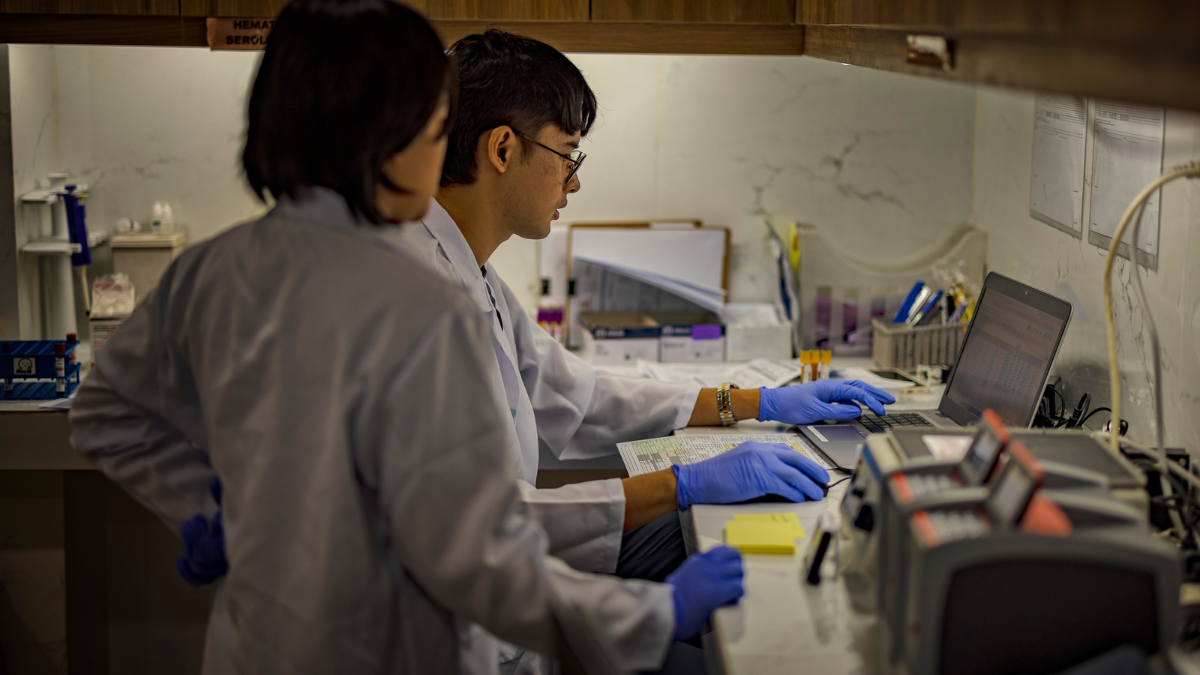
There was remarkable news that came out of the UK recently. A new study published by researchers at Manchester University might have just forever changed how people will approach breast cancer prevention from now on — and the best part about it is that it won’t even need to introduce new medicine into the market.
Nowadays, arguments that center around pharmaceuticals are generally one of two topics: affordability of drugs in the US, or whether people find weight loss drugs that were primarily targeted towards diabetics “moral.” But if you zoom out, you’ll find throughout history drugs have always shifted from one purpose to another after further research. For instance, sildenafil citrate was once seen as medicine for Alzheimer’s patients before the realization that it was more suitable to help patients deal with erectile dysfunction.
Such was the case when the researchers at Manchester University started researching ulipristal acetate — which is now the common morning after pill. It is so well regarded in medicine that the NHS in England grants it for free for any women who need it. The trial was funded by Breast Cancer Now, which just highlights how important it is to fund medical conundrums of the day — instead of courting conspiracy theories from online commentators who suggest unverifiable cures for autism.
What the researchers found is that ulipristal acetate might actually be the safest and most non-invasive form of breast cancer prevention. The biological link between the compound in this medicine and breast tissue is that it targets progesterone.
The way the medicine works originally is by interfering with the reproductive system through acting as a blocker for progesterone in the body. During the menstrual cycle, progesterone also usually affects the breasts by dividing the cells in preparation for a child.
That becomes a risk when someone is high risk and primed to have cancerous cells in the breasts. So through three years, Manchester University took 24 women who were high risk and they were able to ascertain that the medicine was indeed safe and could bear positive results. The MRI scans after the research also showed positive results for the doctors. They would need to do a larger test from this point on, but a new precedent has been set.
Mirror UK reports that the possibility of another way of dealing with high breast cancer risk is already making some feel a sense of relief and hope for future generations. Grace Burton, 27, who found out that she inherited the BRCA1 gene change when she was just 21, was advised by doctors to undergo a double mastectomy which likely saved her life. Burton said of the research, “Having gone through preventative surgery myself, I know how heavy and difficult those decisions can feel. That’s why this new research into preventative medication is so exciting. It offers hope for other women who might one day have less invasive options to protect their health.”
Hopefully, as doctors keep researching this new advancement, they keep getting more encouraging solutions. After all, we are all here so we can create a better future for the next generation in whichever ways we can.







